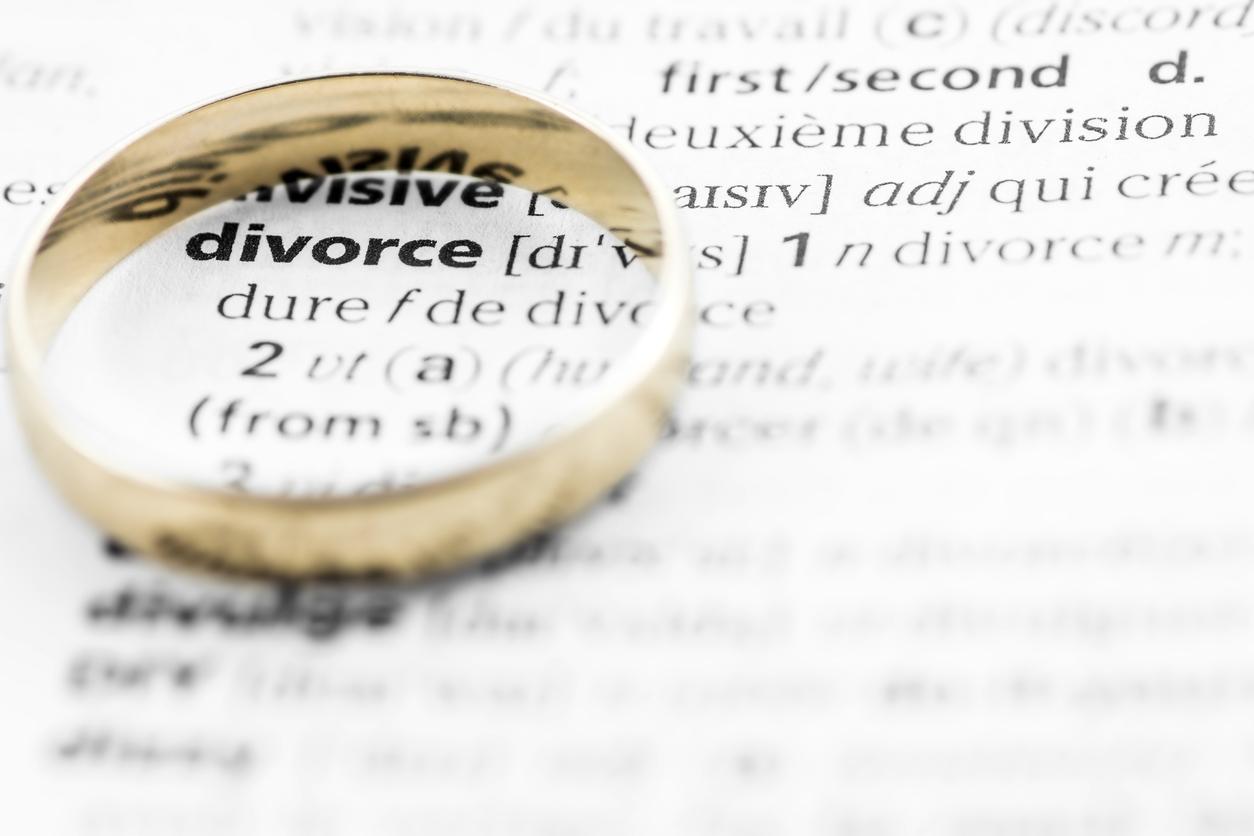Woman banned by divorce ruling from filing rape charges against her ex-husband
Decision has 'severe consequences, including encouraging violence in the family,' rights organisation claims

Your support helps us to tell the story
From reproductive rights to climate change to Big Tech, The Independent is on the ground when the story is developing. Whether it's investigating the financials of Elon Musk's pro-Trump PAC or producing our latest documentary, 'The A Word', which shines a light on the American women fighting for reproductive rights, we know how important it is to parse out the facts from the messaging.
At such a critical moment in US history, we need reporters on the ground. Your donation allows us to keep sending journalists to speak to both sides of the story.
The Independent is trusted by Americans across the entire political spectrum. And unlike many other quality news outlets, we choose not to lock Americans out of our reporting and analysis with paywalls. We believe quality journalism should be available to everyone, paid for by those who can afford it.
Your support makes all the difference.An Israeli woman was told she could divorce her husband if she withdrew a rape complaint against him.
The ruling was made by the rabbinical court known also as the beth din, the spiritual part of the country's judiciary which controls divorces in the country. In Judaism, a couple needs permission from a rabbi before they can officially split.
Rights organisation Mavoi Satum has now taken on the woman's case and filed a complaint with the Attorney-General's Office.
They have called for an investigation into the case's presiding judges, who according to the Jerusalem Post, they have accused of extortion and interference with investigative procedures.
Under Jewish law in Israel, a husband must agree to a divorce and the wife must accept it.
During the divorce process, the wife claimed her husband raped her and was violent to her children, allegations which he denied. He said there was not enough evidence to support the claims.
Referring to the to the alleged crimes as "events of the past", the husband demanded the wife agree not to file a rape complaint with the police, in order to secure their separation.
She claimed the rabbis handling the case – Yosef Goldberg, David Bardugo and Mordechai Ralbag – then pressurised her to sign the document.
Mavoi Satum director Batya Kehana-Dror told the Post: "The rabbinical court not only denied the right of the woman to complain to the police and encouraged her to conceal information which she is obliged to provide, but also established it within an official court ruling."
She added: "This ruling has severe consequences, including encouraging violence in the family.
Defending the decision, the Rabbinical Court Association said both husband and wife had agreed the final document.
It said the presiding judges thought there was a possibility the woman could be refused a divorce, which was why they "thought it better" to approve the agreement containing a condition banning reporting the alleged rape.
Join our commenting forum
Join thought-provoking conversations, follow other Independent readers and see their replies
Comments